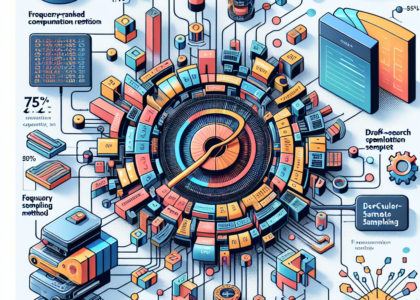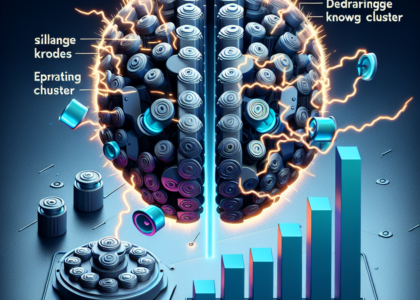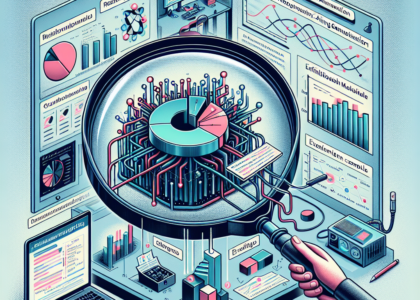Authors: Luis A. Pineda
Abstract: Artificial computing machinery transforms representations through an
objective process, to be interpreted subjectively by humans, so the machine and
the interpreter are different entities, but in the putative natural computing
both processes are performed by the same agent. The method or process that
transforms a representation is called here \emph{the mode of computing}. The
mode used by digital computers is the algorithmic one, but there are others,
such as quantum computers and diverse forms of non-conventional computing, and
there is an open-ended set of representational formats and modes that could be
used in artificial and natural computing. A mode based on a notion of computing
different from Turing’s may perform feats beyond what the Turing Machine does
but the modes would not be of the same kind and could not be compared. For a
mode of computing to be more powerful than the algorithmic one, it ought to
compute functions lacking an effective algorithm, and Church Thesis would not
hold. Here, a thought experiment including a computational demon using a
hypothetical mode for such an effect is presented. If there is natural
computing, there is a mode of natural computing whose properties may be causal
to the phenomenological experience. Discovering it would come with solving the
hard problem of consciousness; but if it turns out that such a mode does not
exist, there is no such thing as natural computing, and the mind is not a
computational process.
Source: http://arxiv.org/abs/2502.10383v1





